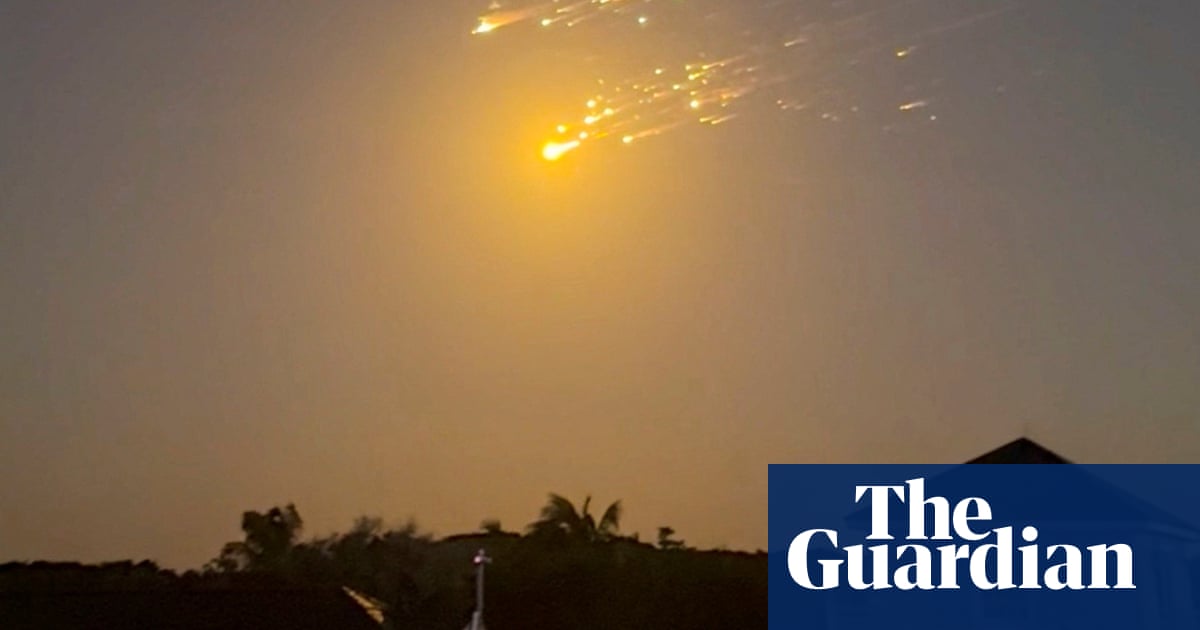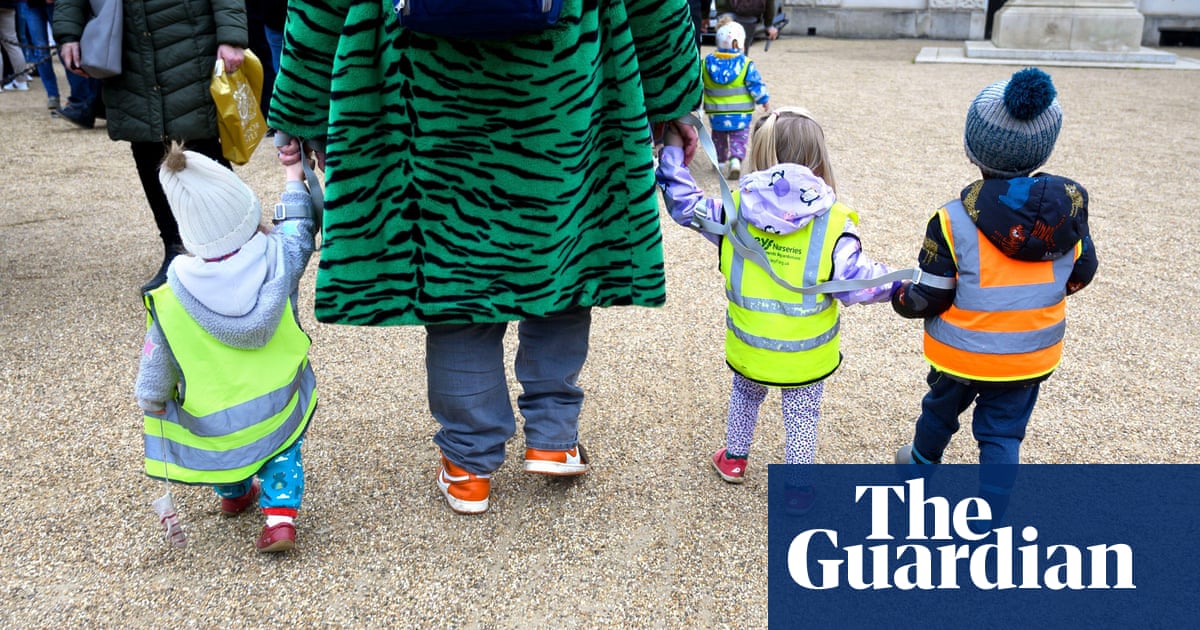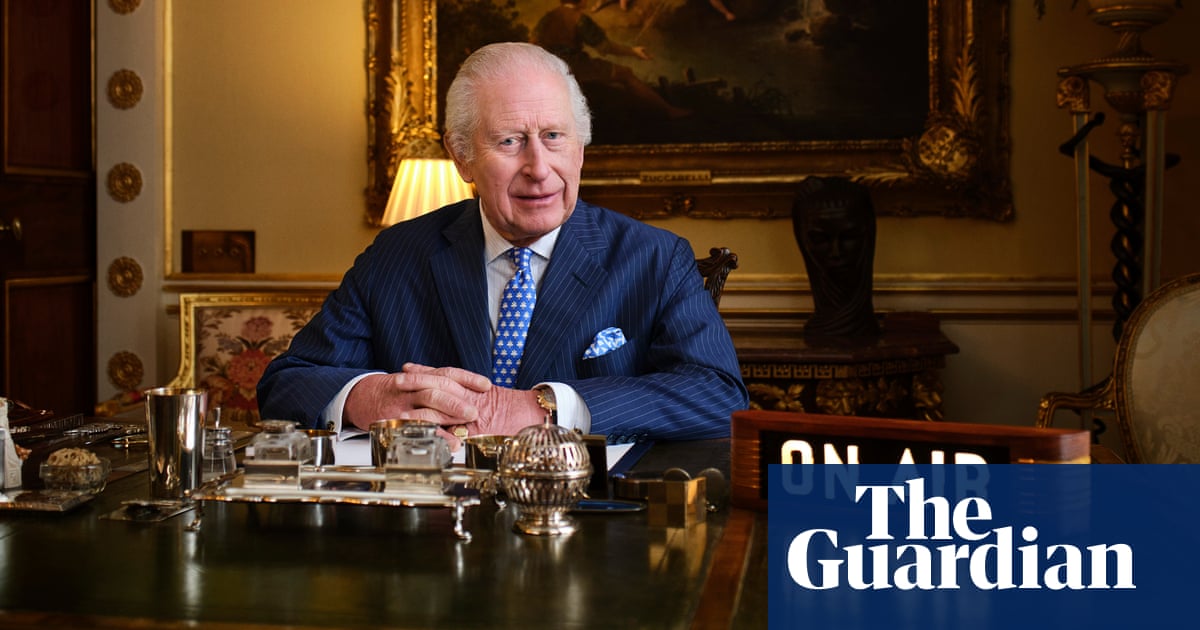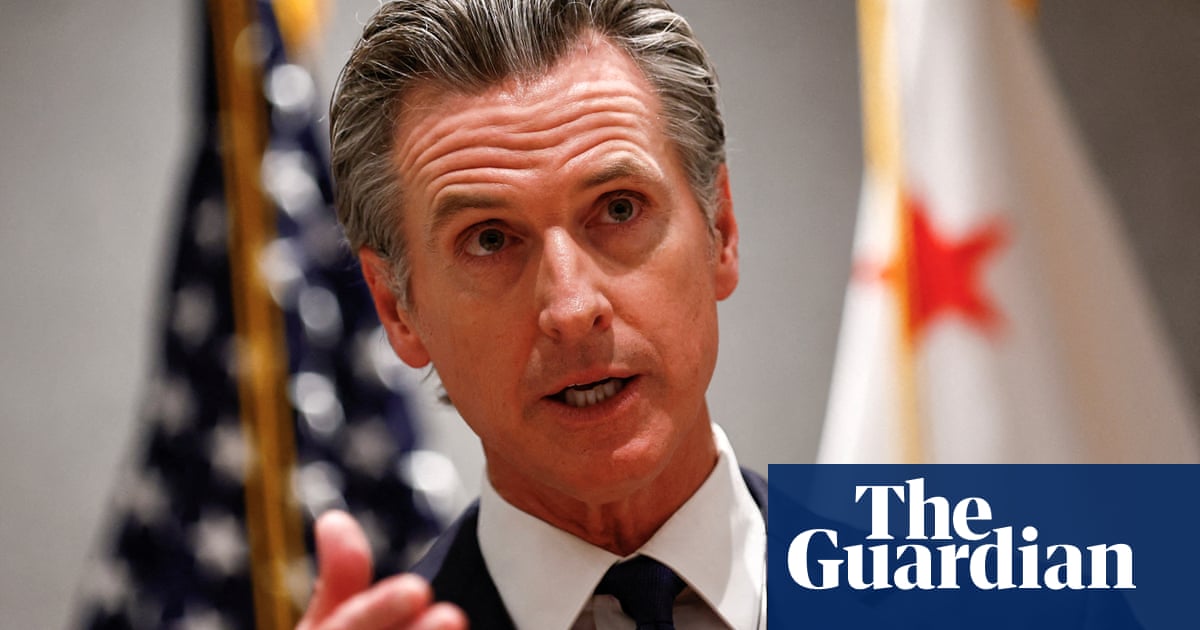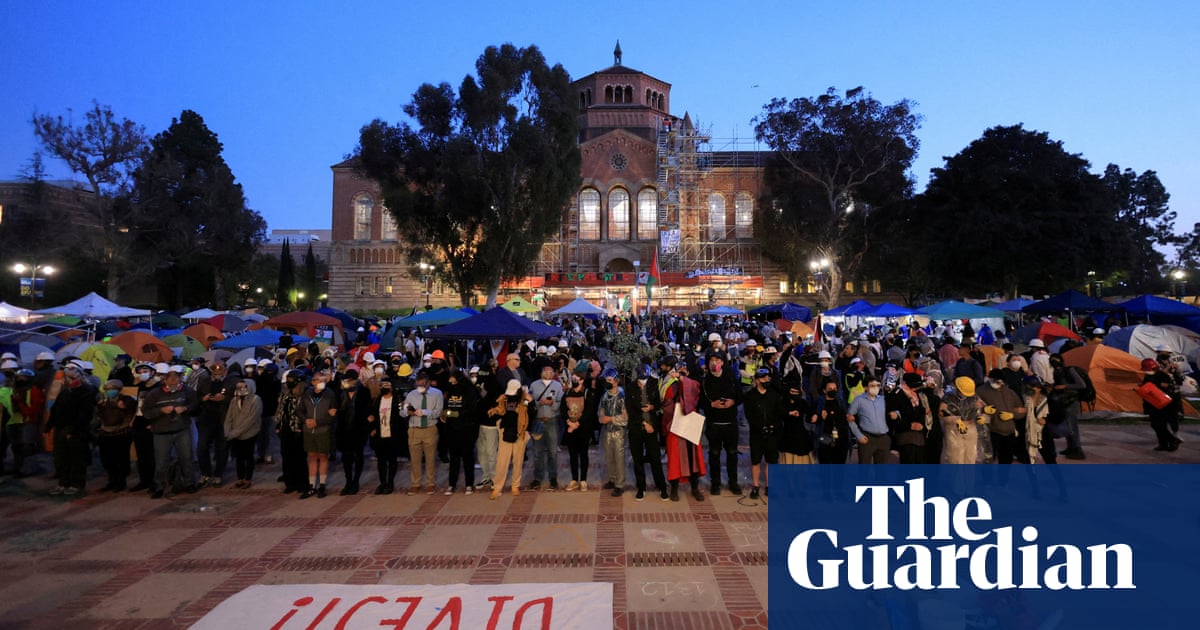Ever since the end of the second world war, when Germans somewhat belatedly realised what the rhetoric of the Nazi years had done to their country, it has been a basic requirement of politicians in Germany that they should be boring. The very few postwar political figures whose speeches were exciting to listen to, such as Herbert Wehner or Franz Josef Strauss, met with widespread suspicion, not least because they were unwilling to follow this fundamental precept. Angela Merkel, federal chancellor and head of the German government from 2005 to 2021, was canny enough to adhere to it in full measure.
The dullness of her political utterances is faithfully reproduced in this volume of memoirs. By and large, Merkel’s recollection, assisted by her co-author (her long-term close ally and personal assistant Beate Baumann), is impressive, though I spotted one rather egregious mistake, where she claims that Willy Brandt, West German chancellor in the late 1960s and early 70s, urged his compatriots to “dare more freedom”; what he in fact said was that they should “dare more democracy”. The book has been rendered into American English by a team of no fewer than eight translators, who have remained true to the leaden prose of the German original. The editors at Macmillan claim that they have added explanations to the text “to make it easier for a non-German audience” to understand, but they have not done nearly enough. Merkel seems keen on mentioning every German politician she has ever had dealings with, and as one obscure name follows another through the tedious thickets of narrative detail, presenting individuals even I have never heard of (and I’ve been working on Germany for half a century and more), it is all too easy not just to lose track but also to lose interest.
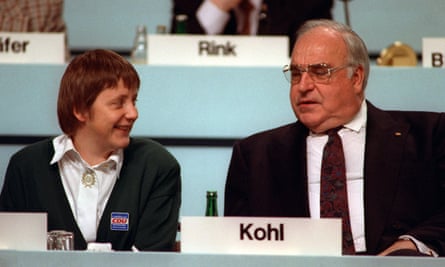
This is a book free from literary artifice, avoiding personal insights. What Merkel and Beaumann present to the reader is a kind of end-of-term report in which the former chancellor provides a blow-by-blow narrative. Much of it will be of little interest to readers outside Germany, and indeed in Germany itself if they haven’t been immersed in the minutiae of German politics for the last several decades.
Merkel overcame two serious handicaps as a modern German politician – the fact that she is a woman, too often condescended to by the male political world, and the fact that she was born and grew up in communist East Germany, entering politics only with the fall of the Berlin Wall in 1989. After leaving her position as a research scientist, she found her way into the conservative Christian Democratic Union and climbed up its party hierarchy rapidly through her command of detail and her negotiating skills. We learn very little about East Germany that we do not know already, and the minor acts of dissent in which the young Merkel became involved, especially as the daughter of a Protestant pastor in a country that was avowedly atheist, never amounted to very much. True to her immersion in detail, Merkel does not provide any kind of overall assessment of the Communist state in East Germany, its achievements and its deficits, or the reasons for its collapse.
Merkel was catapulted into the top rank of politicians in post-unification Germany by a massive corruption scandal that forced the architect of reunification, the Christian Democratic politician Helmut Kohl, out of office. After an initial period leading her party in opposition to the government led by the Social Democratic politician Gerhard Schröder, she won a national election in 2005 and entered the federal chancellor’s office, where she remained for 16 years before retiring in 2021.
As the head of government in the EU’s most populous and economically powerful member state, Merkel won widespread plaudits for her calm, assured leadership, providing much-needed stability and continuity. She was above all else a crisis manager, stepping in – often rather late in the day – to deal with the knotty economic and political problems that others seemed incapable of resolving. “In politics,” she observes, “things can escalate faster than you can blink.” Her motto throughout was wir schaffen das (“we can do that”). A good example of her belief in realpolitik allied to support for hum anitarian causes was her decision in 2015 to allow in a million Syrian refugees fleeing the civil war caused by President Bashar al-Assad’s cruel suppression of dissent, not least derived from her recognition that “Germany is a country of immigration”, making a regular influx of foreign workers “unavoidable”.
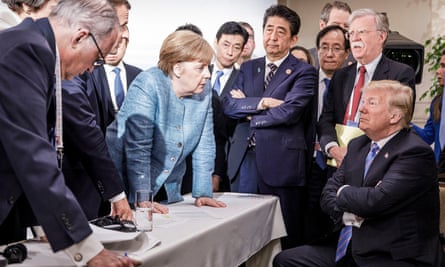
Merkel takes us through the numerous problems that confronted her as Germany’s leader, from the financial crash of 2008, when she insisted on imposing “fiscal discipline” above all on the Greeks, to the depredations of Covid-19, when she was forced to make and remake policy on the hoof. Once again she plunges us into a detailed narrative without having anything of interest to say about the bigger picture. We learn that she got on well with US president George W Bush, with whom she was able to chat in English, but not so well with Vladimir Putin, though he spoke German and she could speak Russian; learning that she was afraid of dogs (after recently having been bitten by one), he insisted on bringing his black labrador Koni to their meetings to undermine her confidence (she calls this “canine power-play”). She devotes just a handful of bland paragraphs to Brexit, and has nothing to say about her impressions of Boris Johnson as a man and a leader.
Few politicians have suffered such a precipitous fall in reputation since leaving office than Angela Merkel. Little more than two months after she stepped down in December 2021, Putin ordered the invasion of Ukraine, igniting a conflict that is still going on and threatens to escalate. Merkel came under heavy criticism for increasing German dependency on Russian natural gas through the construction of the Nord Stream pipeline, handing Putin a powerful potential weapon of coercion against the west.
The very considerable amount of space devoted in this book to environmental issues makes it clear just how important this issue was to Merkel, but it led her to close Germany’s nuclear power facilities after the Fukushima accident in 2011, depriving Germany of a key alternative to fossil fuels. Her statement that “Germany and Israel share the values of freedom, democracy, and the observance of human dignity” seems grotesquely misconceived in the light of Netanyahu’s assault on Gaza.
after newsletter promotion
Above all, Merkel shows no awareness of how the German economy has got into trouble through its failure to modernise and prepare for the post-industrial age. She is full of praise for Germany’s traditional “automobile industry, mechanical engineering, and the chemical industry”, a thoroughly shortsighted view. Under her leadership Germany’s self-satisfied national culture became even more smug than it already was, and it is now paying the price.
Despite the occasional self-criticism in this book, Merkel’s failure to see the bigger picture testifies to her limited, pragmatic and detail-obsessed perception of political realities: realpolitik involves much more than just solving problems on a practical basis. Perhaps the things we learn about her are not really the ones she wanted us to learn.
Hitler’s People: The Faces of the Third Reich by Richard J Evans (Allen Lane) is available now
-
Freedom by Angela Merkel (translated by various) is published by Macmillan (£35). To support the Guardian and Observer order your copy at guardianbookshop.com. Delivery charges may apply

.png) 3 months ago
19
3 months ago
19


